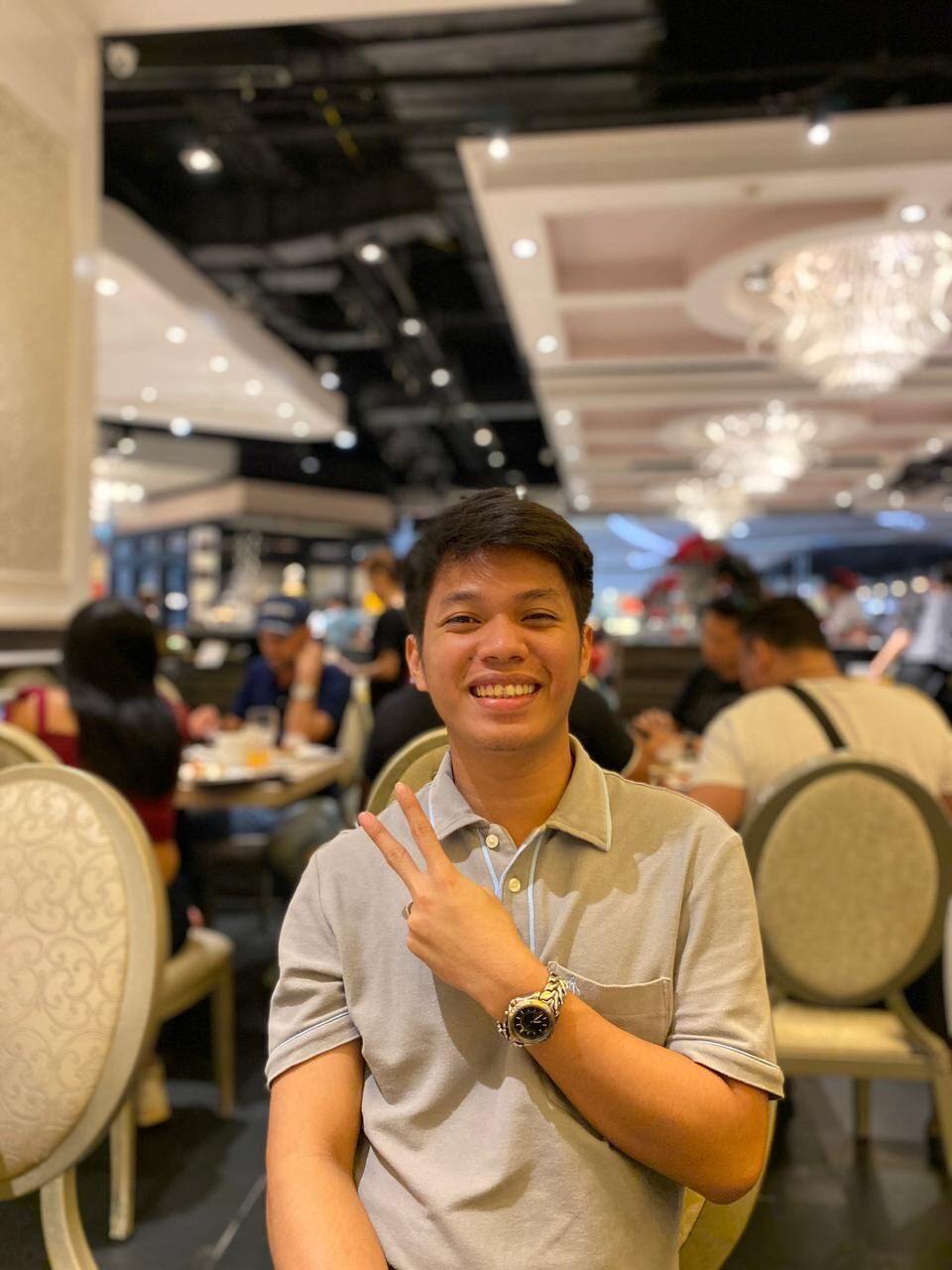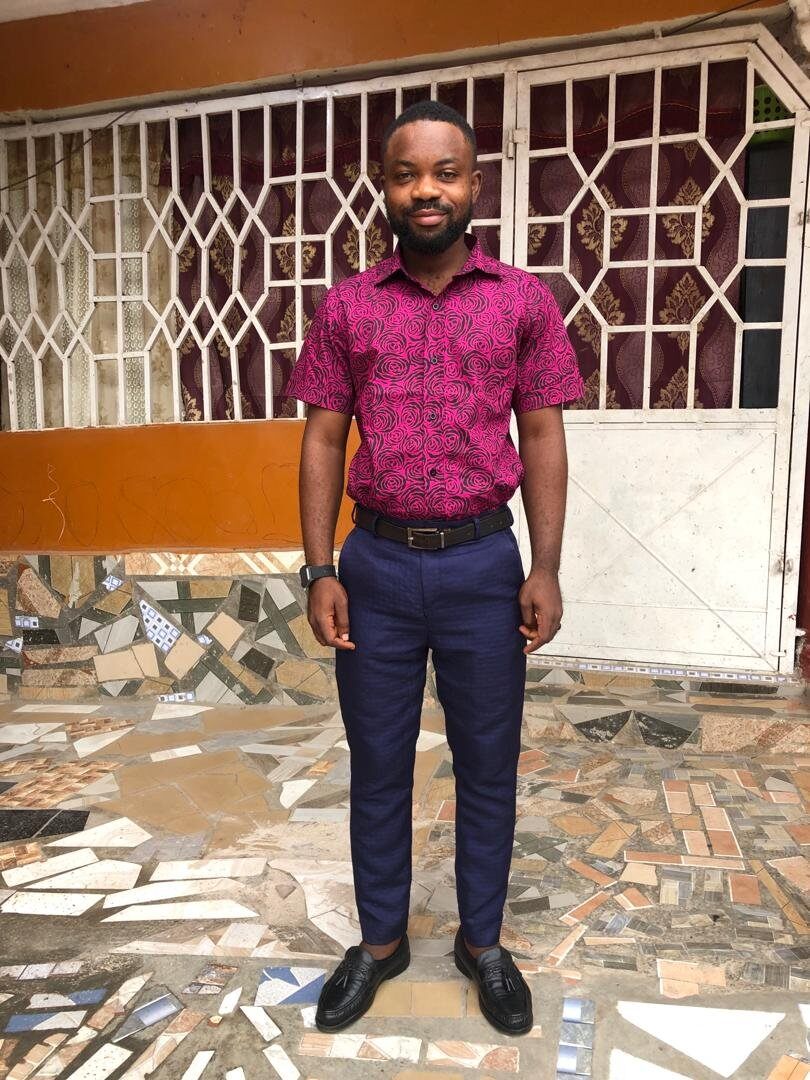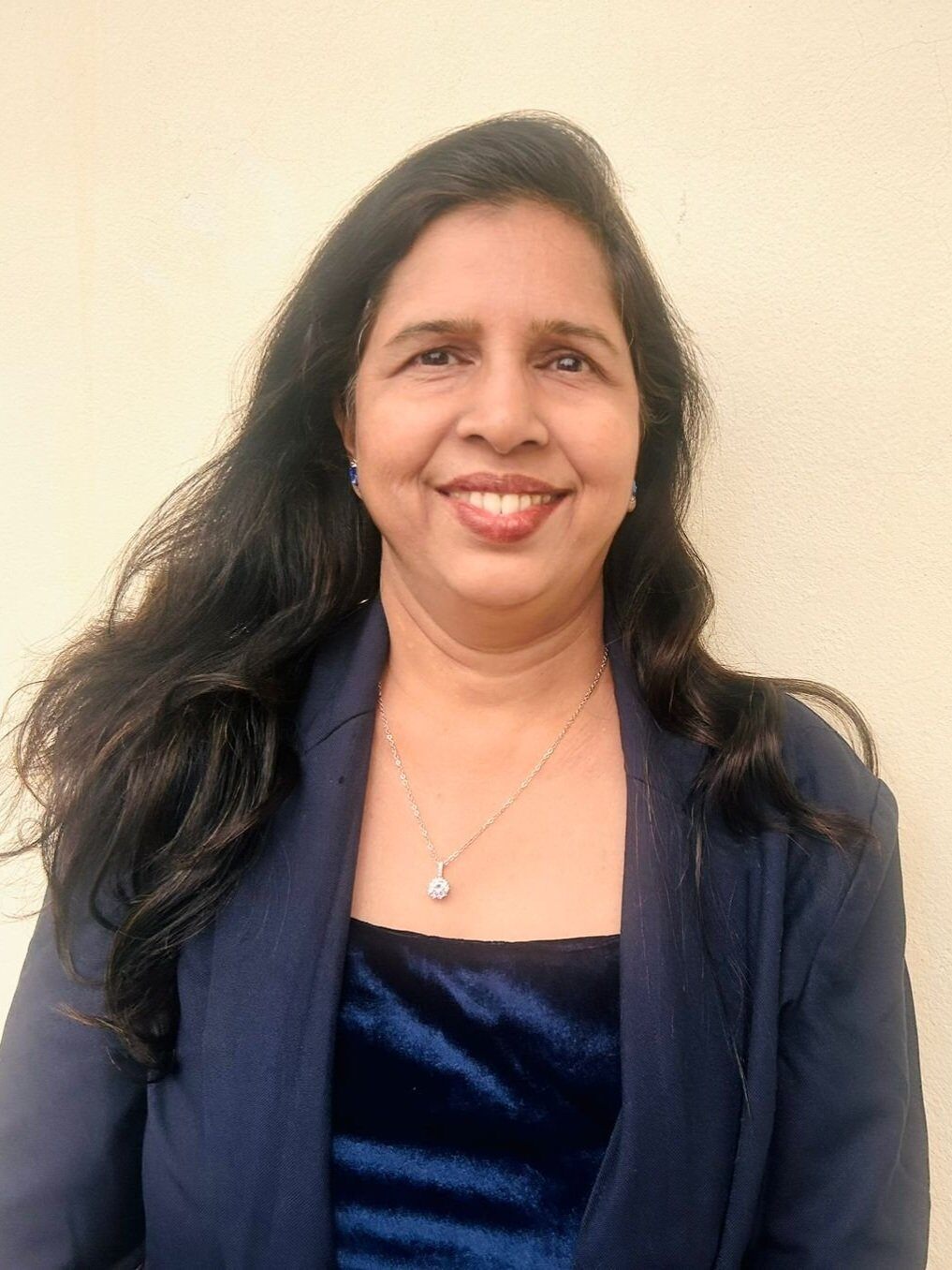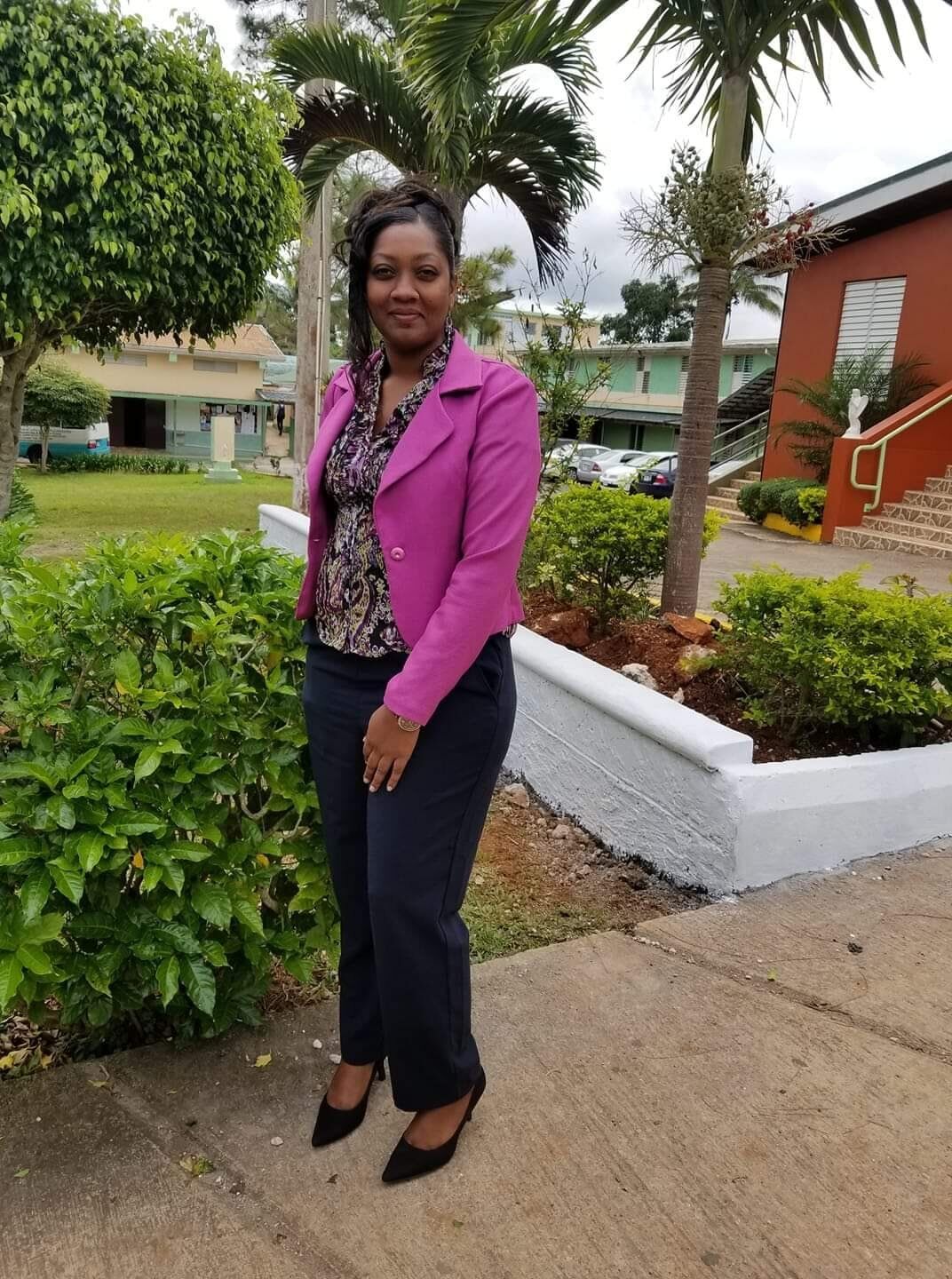Insights from TPG's Educators for the 2024-2025 Academic Year
As TPG prepares to welcome a new cohort of educators for the academic year 2024-2025, we are excited to share insights from teachers around the world. These educators bring with them a wealth of cultural knowledge and teaching experiences, enriching our classrooms and communities.
As these teachers embark on their journey with TPG for the academic year 2024-2025, let's delve into their perspectives on the vibrant cultures of the United States and their diverse home countries.
KARIM ESMAEL
Educator from the Philippines
"As a science educator from the Philippines, I find immense value in comparing the vibrant cultures of the United States and my diverse home country. In our classrooms, we integrate cultural insights and traditions seamlessly into our teaching, fostering a sense of pride and connection to our heritage. For example, while teaching scientific concepts, I often draw upon local examples and indigenous knowledge, making learning relevant and engaging for my students. Additionally, Filipino values such as bayanihan (community cooperation) and pakikisama (harmonious social relations) shape our approach to collaboration and inclusivity in education. By celebrating our differences and embracing cultural diversity, we create enriching learning experiences that empower students to appreciate their identity while becoming global citizens."

AMPIAH ABDUL
Educator from Ghana
"As exchange visitors, educators from the United States and Ghana have the unique opportunity to experience and appreciate the vibrant cultures of both countries. While the United States boasts a diverse cultural landscape influenced by various ethnicities, languages, and traditions, Ghana is celebrated for its rich heritage deeply rooted in vibrant festivals, music, and folklore. In the United States, educators may encounter a melting pot of cultures, each contributing to the nation's identity and educational landscape. On the other hand, Ghanaian educators bring to the table a deep sense of community, respect for elders, and a commitment to preserving indigenous knowledge and customs within the educational framework. Despite the differences, both cultures value the role of education as a transformative force, shaping identities, fostering inclusivity, and promoting global citizenship among students. Through exchange programs, we have the opportunity to bridge these cultural divides, exchange insights, and enrich our teaching practices to better prepare students for an interconnected world."

SHEBUEL JOY
Educator from India
"India is a country rich in diversity, home to many different languages, religions, and customs. Every Indian state has its own dialect, customs, food, and holidays, whereas the United States is renowned for having a diversified population as a result of immigration from throughout the globe. The result of this diversity is a colorful shades of languages, cultures, and customs. Both cultures place a high priority on family values, even though they may not have the same structure. Both nations respect education, as viewed by the large number of esteemed universities in both India and the United States. While academic knowledge has traditionally been the primary focus of Indian education, vocational training is becoming increasingly important in order to prepare students for particular occupations. On the other hand, well-developed vocational and technical education emphasizes real-world application and hands-on learning in several sectors in the US. As an exchange visitor participant, this great prospect helps create a fusion during the entire teaching outgrowth."

YANIQUE WILLIAMS
Educator from Jamaica
“Jamaica has a rich cultural heritage which is celebrated on many occasions, such as our Jamaica day in schools, heritage day and the national celebrations held in Kingston. One such celebration was 'Jamaica 50'. You may google highlights. Jamaica has preserved many of its rich cultural heritage and these are found at various museums and the Institute of Jamaica. Our famous Devon House has a wealth of information and not to mention the ambiance of its surroundings. As an educator I used my past experiences to educate the students I come in contact with from my childhood games: Chinese Skip, HandBall, Sightings and making a ball for discarded materials, using a car tyre to make a wheel with two sticks and making a toy from pear seed. As it relates to my back in the days, I grew up without electricity, my family slept in a lamp light which uses kerosene oil, I watched television only when gasoline was available to turn on the generator. We watched the news and the adults watched 'bold and the beautiful'. Just by reflecting I had an awesome childhood and though I might not be too familiar with that of the United States, I am willing to get the facts. I became a teacher because it was a goal set from when I was about nine years old. And I am living my dream. “

FERMIN MOGOLLON
Educator from Venezuela
“I've had the chance to work with different foreign people and cultures from all around the world (Irish, Chinese, American, Ecuadorian, Mexican, Colombian and of course, my own country). We as Venezuelan educators love expressing clearly and with a warm and comfortable feeling of self confidence in what we are doing. I personally like to make my students feel safe, sure and self confident during the whole process of learning. We highlight all we can base upon traditions,culture, music, people that have shown the best from our country. I also try to ask my students to show me as much as they can from their own culture and traditions because I like to learn more from others. We focus on values and we also identify our principal beliefs in order to have the chance of sharing the diversity we can have among us. We represent a family for all those students that know the majority of time they spend is with us teachers/school. Talking about tradition and culture makes me think I have too many things to share from my town, from my city, from my beautiful country and from all those different countries that through their people I've been taught so far. Spanish and English languages have given me so much and even more than what I could have given when I started studying both as a professional career. Thank you TPG for helping me to be in this new journey; to keep learning, sharing knowledge and giving me the chance of bringing back more to spread in those different countries I could be able to visit in the future, especially to my beautiful Venezuela once I get the opportunity of going back there. Life is a matter of taking chances and making the best decisions (right or wrong); living and being wide open doors to all that life can give. Being an educator is one of my best decisions and being here today held up by TPG is my best election in my professional journey.”

Let these insights from our educators be a reminder of the richness that cultural diversity brings to our classrooms and communities. As we prepare for the academic year ahead, let us embrace these differences, learning from each other and fostering a more inclusive and understanding environment for all.
